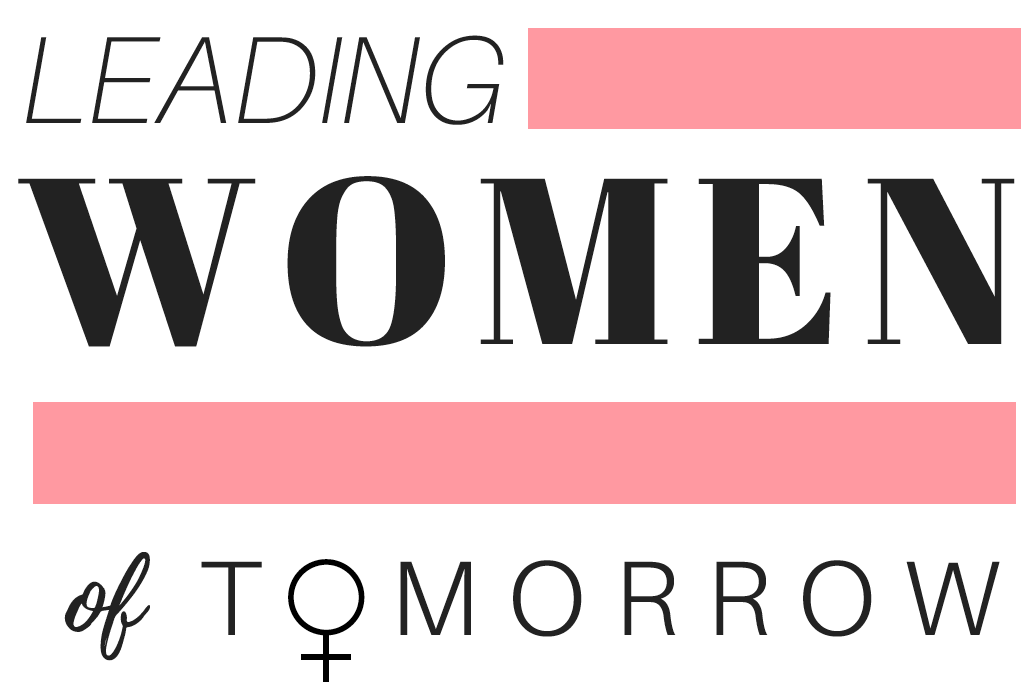“Almost Half of Men in the U.S. Are Uncomfortable With A Female President”: A Summary of Forbes’ Recent Article
The White House
According to a recent Forbes article, the Reykjavik Index for Leadership has measured that less than half of men in the U.S. are comfortable with the idea of a female as the head of government.
According to Reykjavik Global Forum, the index is a survey of 22,000 working age adults and “measures the perceived legitimacy of male and female leadership in politics across twenty professions, as well as a measure of how men and women differ in their views, and the extent to which men and women are viewed equally in terms of suitability of individuals for positions of power.”
This index began on November 27, 2018 and evaluates the G7 nations: UK, France, Canada, the US, Japan, Germany, and Italy. This year, they added Brazil, Russia, India, and China.
The index gives each country a score between 0-100, which measures how strongly a country believes that there is “complete agreement that men and women are equally suited to leadership in all sectors.” In 2018, the average score for the G7 countries was a 66.
In the most recent survey, the US comes in at third place with a score of 75, behind Canada and France, who both score at 77. The lowest ranked country, China, has a score of 48.
When the index specifically measures how people feel about a female head of government, Canada and the UK are the only countries in which over half of men are “very comfortable” with that idea. In the US, only 49% of men and 59% of women are comfortable with the idea of a female president.
According to the index, Americans are most comfortable with images of female leaders in media and entertainment, natural sciences, banking, and financing, but least comfortable with women in gaming, automotive manufacturing, defense, and policing. Across all countries, the survey shows that people are most comfortable with women in childcare, education, fashion, beauty, and healthcare.
What does this mean in a time when a record number of women are running for the presidential nomination? This means that we live in a society in which female leadership is something that is hard to imagine for many people. These surveys show, through empirical data, that people still view women through a socially and culturally-curated lense that women are caretakers. If we want any chance of a female president, this image of a woman must be expanded.

